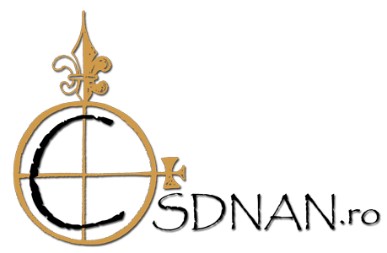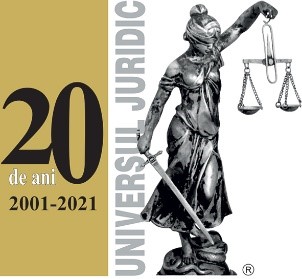Consideraţii comparative privind noţiunile de bună credinţă, diligenţă, eroare, dol, fraudă, rea credinţă, vinovăţie (intenţie şi culpă)
valeriu.stoica[at]drept.unibuc.ro
Cuvinte cheie:
good faith, diligence, fraud, objective criteria, subjective criteriaRezumat
This article, without being an introduction to the studies brought together under the umbrella of the subject under discussion, is merely the outline of a general picture of the issue, with all the limitations and vulnerabilities that any outlines imply. The phrase comparative considerations in the title of the article suggests precisely these limits and vulnerabilities. However, it is hoped that the subject under discussion will in future be the subject of scientific reflection in the treaties and monographs dedicated to private law.
After a few introductory notes on the framework (space, time, causation and knowledge) within which the human action takes place, based on the models of legal relationships and behavior patterns designed by objective law, the need to avoid terminological ambiguities and the central position of the concept of good faith (I), the concepts expressing attitude toward a certain legal situation, the belief that it is real, even if it is only apparent (II), and the concepts expressing attitude toward a given action will be reviewed, in correlation with the idea of civil liability, with the idea of repair (remedy) and the idea of sanction (III). Then the meaning of diligence as a raw material from which standards of behavior (IV) are "drawn" will be highlighted and some evidentiary aspects (V) will be specified. Finally, on the basis of these considerations, several conclusions will be drawn (VI).
Keywords: space; time; causality; knowledge; will; good faith; diligence; error; deceit; fraud; bad faith; guilt; intent; fault; standards of behavior; objective criteria; subjective criteria.
Publicat
Versiuni
- 20-04-2023 (2)
- 13-09-2022 (1)









